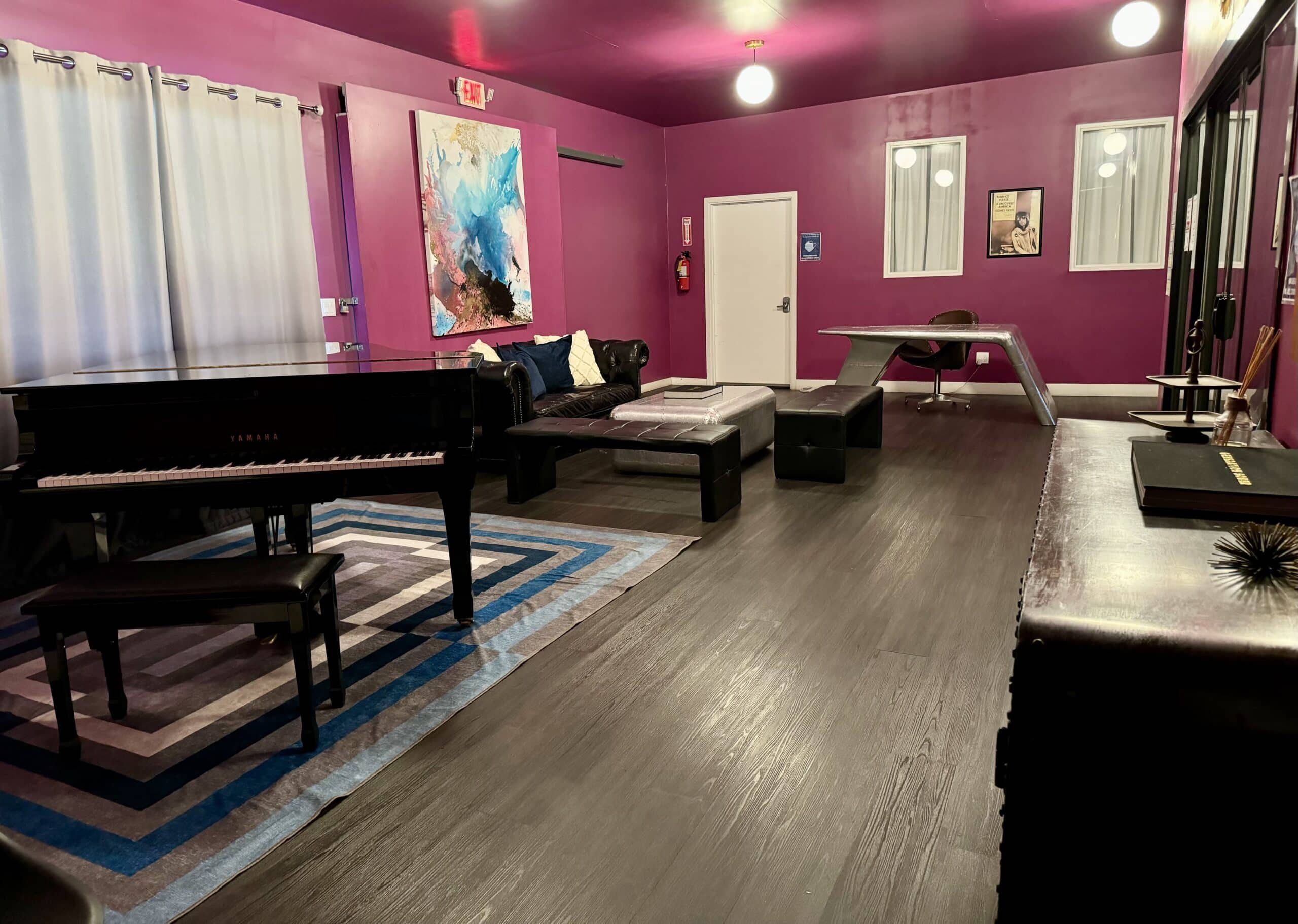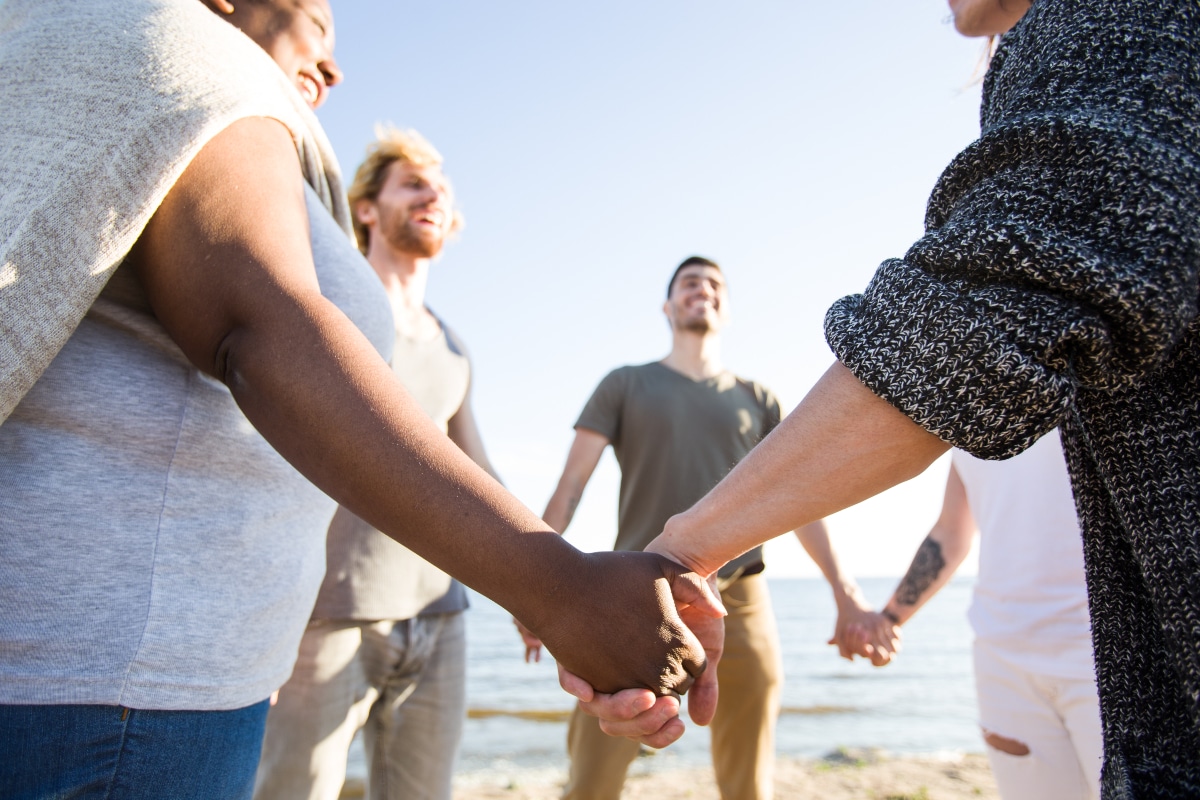We Will Work With Most Insurance Providers To Ensure Minimal Costs.
No Medicaid, Medicare, Or Kaiser
LGBTQ+ Mental Health Program
LGBTQ+ Affirming Care
- Luxury Amenities
- Covered By Insurance
- Same Day Admissions
- LGBTQ+ Affirming care
We accept most Insurances





No Matter What Recovery provides specialized care for LGBTQ+ individuals facing mental health challenges. With inpatient treatment and intensive outpatient programs, we focus on healing the whole person through a dual diagnosis and holistic approach that addresses both emotional well-being and overall health.
Our facility offers an affirming environment where clients can engage in evidence-based therapies alongside yoga, fitness, and art programs that support balance and growth. Few mental health centers are created exclusively for the LGBTQ+ community, which is why so many choose No Matter What Recovery as their path to a healthier future.
Levels of Care
Residential Mental Health Treatment
Residential Mental Health Treatment
Partial hospitalization
Partial Hospitalization
Supportive Housing
Supportive Housing
Residential Mental Health Treatment
Comprehensive residential mental health treatment for the LGBTQ+ community.
Partial
hospitalization
Ideal for those who need flexibility while following an intensive treatment plan in a structured environment.
Supportive Housing
A safe, structured, and supportive environment in luxurious sober living houses in Hollywood.
Tour our Facility
- Relapse prevention
- Meals provided
- Sound baths & breathwork
- Fitness & yoga
- Transportation options
- Convenient locations






Our Admissions process is quick and easy
Find a program your insurance will pay for.
Most Plans Accepted. No Medicaid or Medicare





And More!
Don’t see yours? Verification is obligation- and cost-free
Why Choose
No Matter What Recovery?
Access to individual and family therapy.
Safe and comfortable facilities.
Licensed and certified clinical team.
Personalized substance addiction rehab.
LGBTQ+ affirming care addiction treatment.

Outpatient & IOP License:
190108CP
Copyright © 2024 No Matter What Recovery – All Rights Reserved | Privacy Policy



